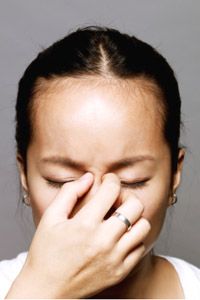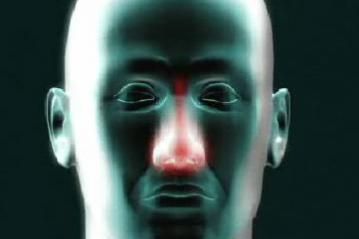If your body has an adverse reaction after you eat bread, there are several possible causes. You might suffer from gluten intolerance, a gastrointestinal reaction to gluten, a protein found in wheat and other grains. You might have celiac disease (an autoimmune disorder in which your immune system attacks your small intestine). Or you might be allergic to one or several ingredients in the bread. Wheat, milk and egg allergies are fairly common, and it is also possible to be allergic to yeast.
The consumption of gluten causes similar symptoms in the sufferers of gluten intolerance and celiac disease. These symptoms include gastrointestinal problems, such as abdominal pain, gas, bloating, constipation, diarrhea, nausea and vomiting. These symptoms can cause weight loss, anemia and under-consumption or malabsorption of nutrients, as well as weakness, chronic fatigue and memory or concentration problems.
Advertisement
In addition to the gastrointestinal symptoms, gluten intolerance and celiac disease can cause skin irritation, headaches, joint pain, muscle cramps and neurological complaints, including tingling or numbness in the hands and feet and even seizures. They can also cause irritability, behavior changes and depression.
When you have a food allergy, your immune system tries to fight off a foreign body (the allergen), which it mistakenly believes is harmful to your body. Food allergy symptoms may include: itching or swelling of the mouth, tongue or lips; skin reactions (eczema, hives, swelling and redness of the extremities or face); gastrointestinal symptoms (abdominal pain, nausea, vomiting, diarrhea); respiratory symptoms (runny or stuffy nose, coughing, sneezing, wheezing, difficulty breathing) and cardiovascular symptoms (drop in blood pressure, lightheadedness, fainting). In extreme cases food allergies can also cause anaphylaxis, a potentially fatal reaction.
Because the symptoms of gluten intolerance, celiac disease and food allergy are so similar, you should see a physician for proper testing and diagnosis. Once your doctor figures out why you experience symptoms after eating bread he can tell you how to proceed with treatment.
Advertisement

